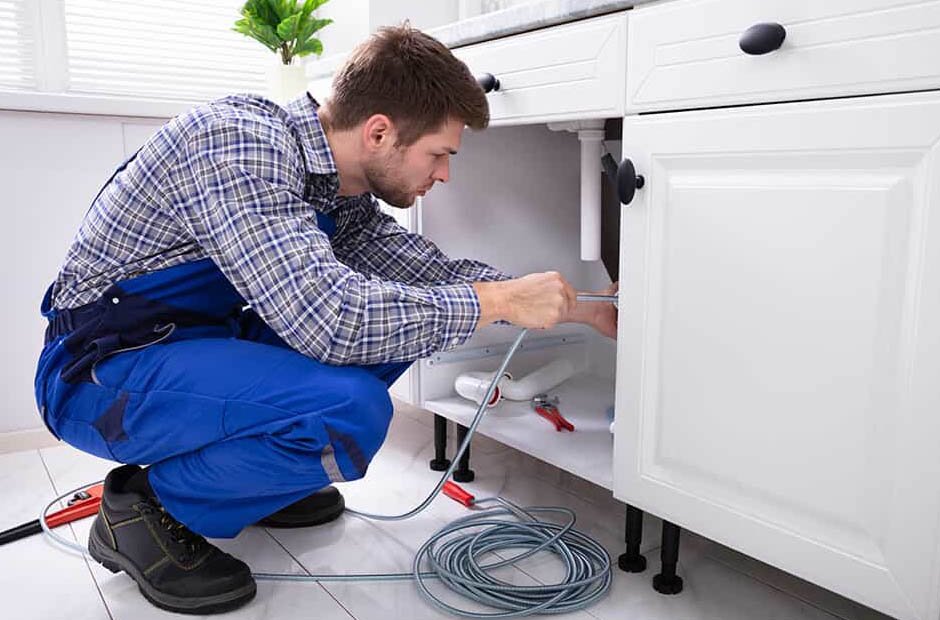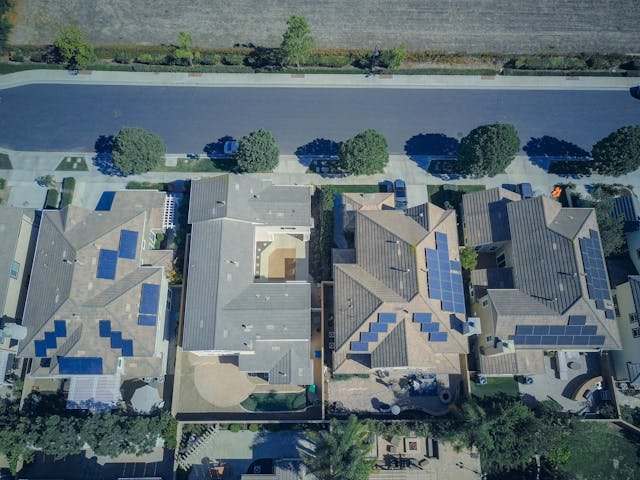For a long time, chemical drain cleaners have been the go-to solution for UK households to tackle clogs quickly. However, these products come with hidden dangers despite their ease and convenience. Overuse of such cleaners can lead to severe damage to your plumbing system and harm the environment. Furthermore, they also pose a potential risk to human health and safety. This article highlights the hazardous effects of using chemical drain cleansers while providing strong reasons why avoiding it completely would be wise; alternatively, it suggests eco-friendly substitutes that ensure safer plumbing and work towards creating an environmentally friendly Britain as well!
Pipe Corrosion and Damage
The use of chemical drain cleaners presents a serious danger to the health of your pipes since they can induce corrosion and inflict harm. This issue is particularly pronounced when dealing with older or PVC pipelines, which are more susceptible to attack from these caustic compounds.
Over time, such harmful chemicals slowly eat away at your plumbing infrastructure’s core, leading to cracks and ruptures that may necessitate costly remediation efforts. To avoid this pitfall altogether, it might be prudent instead to select a safer option like hot water mixed with dish soap – an age-old remedy renowned for its ability to dissolve oil-related obstructions without compromising pipe integrity, as a result offering peace of mind by providing you with access in identifying effective but safe solutions devoid-of hazardous substances.
Health and Safety Risks
Using chemical drain cleaners not only causes damage to your plumbing but it also presents grave dangers to the well-being of yourself and those close to you. When inhaled, these cleaning agents emit toxic fumes, which can cause respiratory problems, while direct contact with skin or eyes may result in severe burns. This is particularly alarming if there are children or pets around who could unintentionally be exposed.
To guarantee everyone’s safety, using non-toxic remedies such as baking soda mixed with vinegar would be a much better alternative. This approach effectively removes clogs without any hazardous consequences linked to harsh chemical-based options.
Environmental Impact
When choosing a drain cleaning solution, it’s crucial to consider the environmental impact. Chemical cleaners contribute to water pollution, which is especially problematic in a country dedicated to conserving natural resources. Opting for biodegradable and eco-friendly solutions demonstrates ethical behaviour.
A rising alternative that effectively cleans drains while being environmentally conscious is bio-enzyme cleaner. By switching over to these organic options, not only are drainage problems solved but also beneficial protection of our planet by reducing damage caused by toxic chemicals used in conventional products with comparable purposes!
Ineffectiveness on Certain Clogs
Chemical drain cleaners are dangerous and harmful to the environment, and they may also be ineffective in certain situations where there is a solid obstruction or specific blockage. In such cases, mechanical methods prove essential in resolving the issue. Basic tools like plungers and plumbing snakes become valuable allies as they tirelessly work through stubborn impediments that obstruct pipes.
It is crucial to keep these simple devices within reach at all times and learn how best to use them so that you’re always prepared whenever any type of clog occurs in your home’s drainage systems.
Risk of Pipe Erosion
Furthermore, employing chemical cleaning agents excessively can seriously jeopardise the integrity of your household plumbing system as it escalates the chances of pipe erosion. This irreversible phenomenon could eventually lead to costly repairs. However, if you make hot water flushing a regular part of your plumbing maintenance scheme, you can eliminate any worry or negative outcome caused by depletion over time.
By consistently removing debris through hot water flushing and upkeep routines, your pipeline network’s proper functioning capability is secured without compromising on efficiency levels.
Septic System Disruption
Chemical drain cleaners can compromise your pipes and the delicate bacterial balance in your septic system, affecting its efficiency and performance. As responsible waste management is vital in countries such as the UK, it’s important to prioritise natural treatments and regular maintenance for a healthy septic system.
By conducting consistent inspections and following pumping schedules, you can ensure that your tank operates smoothly while avoiding costly repairs or replacements resulting from chemical agents previously used on drains!
Employing professional plumbers regularly to perform effective checks on your plumbing and septic system significantly reduces the risk of major issues.
Temporary Solution
Several chemical drain cleaners offer a temporary solution to clogs, disguising their actual source. While they may initially eliminate the obstruction in pipes, these products typically overlook the fundamental reasons that contribute towards blockages. Instead of depending on momentary remedies for plumbing problems, understanding and implementing proactive initiatives aimed at preventing them is more efficient. Consistent cleaning practices and responsible waste disposal are vital preventative measures integrated into daily routines that promote lasting success regarding drainage upkeep while reducing reliance on harsh chemicals in the future.
Cost Considerations
Prior to using chemical drain cleaners, it is crucial to consider the cost. Although they may seem inexpensive at first glance, further examination reveals that there could be higher bills for plumbing damage and repairs in the long run; therefore, using homemade household ingredients is a financially wise decision. Not only do these affordable alternatives protect your finances, but also safeguard against potential harm caused by commercial products on your plumbing system’s health. Opting for budget-friendly choices can result in significant long-term savings while helping reduce mounting expenses due to costly fixing required later when utilising chemical drain cleaners.
Conclusion
In brief, chemical drain cleaners seem convenient for unclogging drains yet pose potential hazards, making them unsafe. Opting for ecological substitutes over these harsh chemicals safeguards both plumbing and health, alongside contributing to preserving our precious environment. It is crucial to prioritise safer and sustainable household practices in line with responsible UK living values. By working together towards this goal, we guarantee durable drainage systems while securing the planet’s preservation for future generations.
















